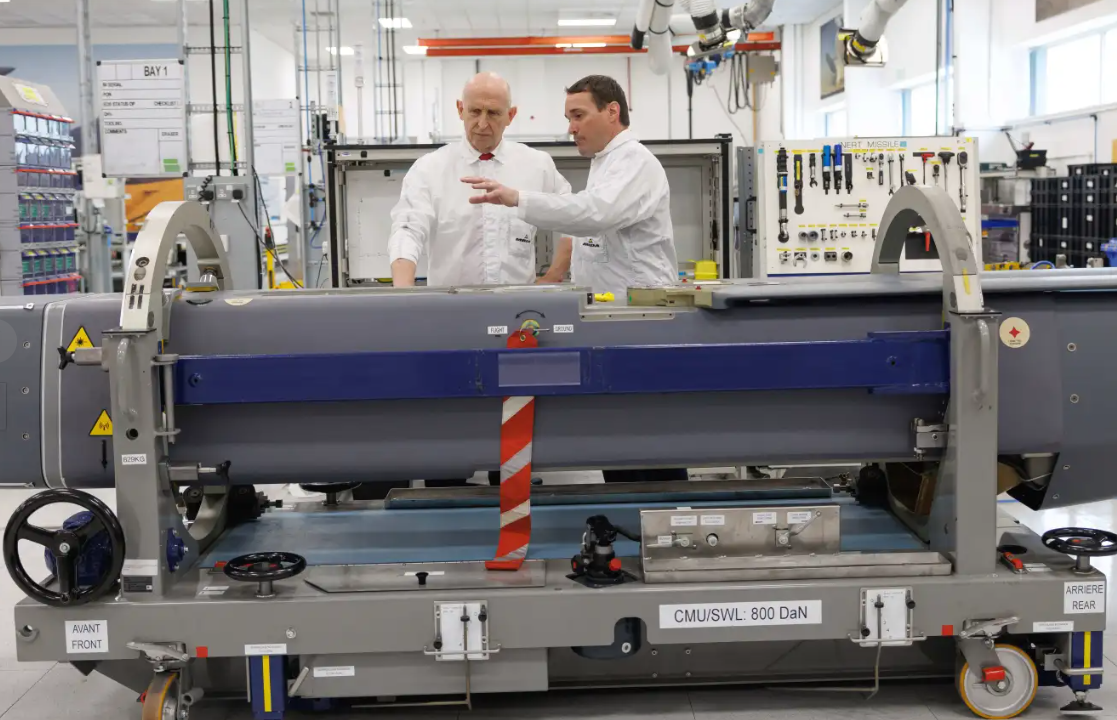The U.K. is set to see its largest boost in defense spending since the Cold War, aiming to send a strong signal to Moscow, according to British Defense Secretary John Healey. He said the Labour government’s planned increase will transform the military after years of cutbacks, though troop numbers—currently at historic lows—are unlikely to rise until the early 2030s.
Healey confirmed that defense spending is on track to reach 2.5% of the national income by 2027, which equates to an additional £13 billion ($17 billion) annually. He also expects this figure to climb to 3% in the next parliamentary term during the early 2030s.
The government will soon respond to a strategic defense review led by Lord George Robertson, a former NATO secretary general. This review is expected to be the most significant update since the Soviet Union’s collapse in the early 1990s, offering recommendations for addressing new threats on both military and cyber fronts.
Increased focus on defense comes as a response to Russia’s full-scale invasion of Ukraine in February 2022, which has forced NATO members, including the U.K., to reassess their military spending and readiness. Healey said the spending increase sends “a message to Moscow” that Britain is strengthening its armed forces and industrial base, preparing for potential conflict if necessary.
The U.K. has also faced relentless cyber attacks—around 90,000 in the past two years—mostly from state-linked actors targeting its defense infrastructure. As part of the defense review, a dedicated cyber command is expected to be established to combat these threats.
Healey emphasized, “The tensions are greater but we prepare for war in order to secure the peace. If you’re strong enough to defeat an enemy, you deter them from attacking in the first place.”
During a visit to a factory assembling Storm Shadow missiles, Healey announced government support for purchasing up to 7,000 British-made long-range weapons, with defense munitions spending expected to reach £6 billion over the coming years. He highlighted the dual benefit of this investment: equipping the military and creating jobs across the country.
Meanwhile, Robert Jenrick, shadow justice secretary for the Conservative opposition, welcomed the spending increase but expressed skepticism about whether the Treasury would follow through. He urged the government to be more ambitious by raising defense spending to 3% of national income within the current parliamentary session, which could last until 2029. Jenrick said waiting until 2034 “is a long time to wait, given the gravity of the situation.”













